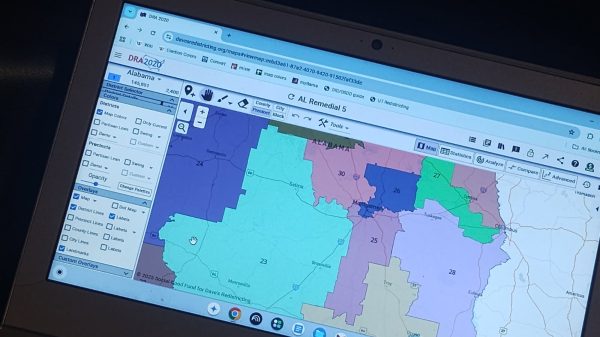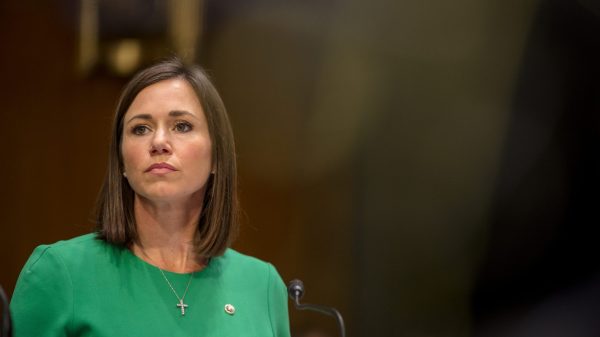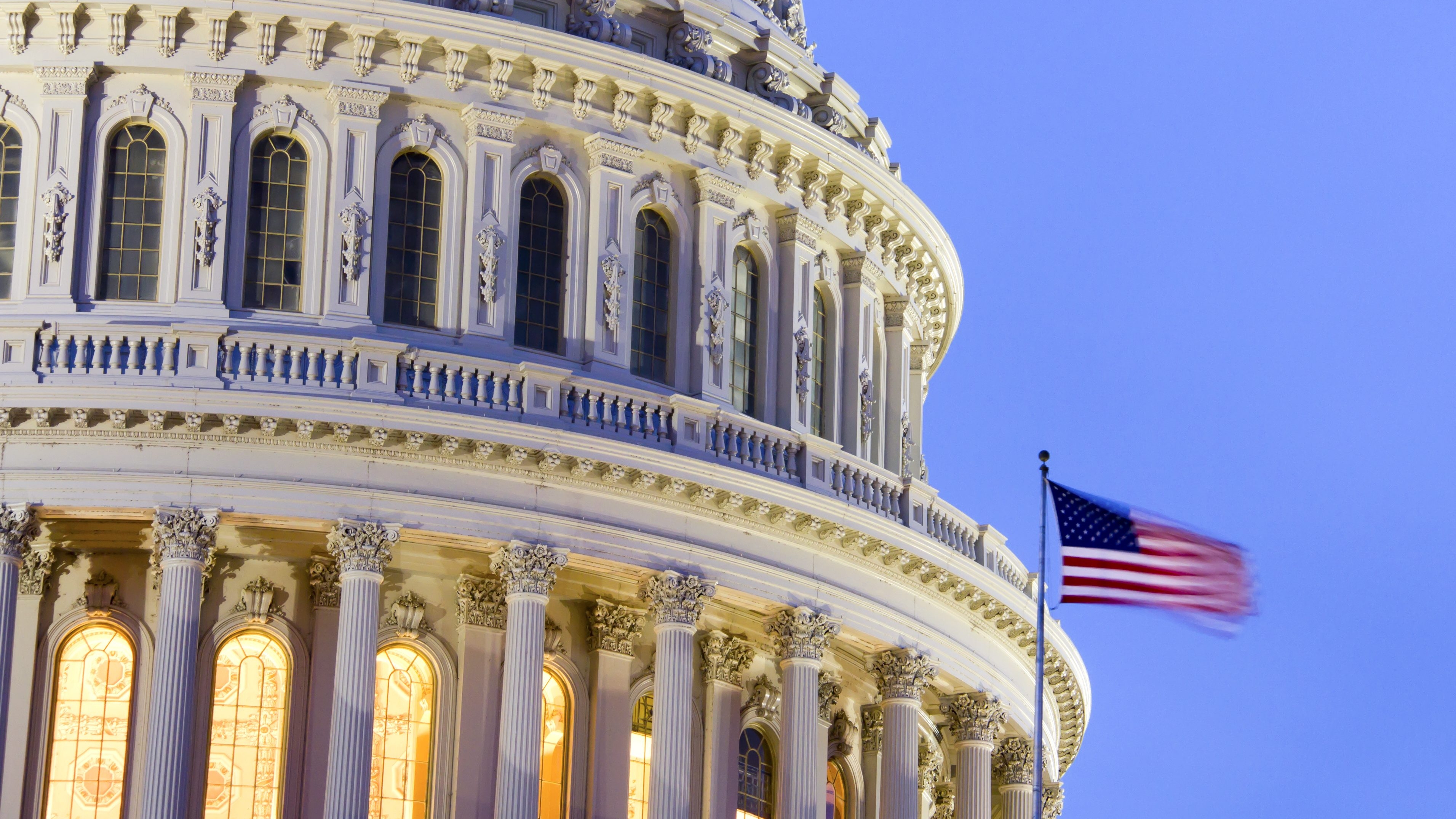Both parties in Congress and the White House hoped to have agreement on a bipartisan coronavirus relief bill, but those hopes appear to have been dashed after a Thursday night meeting at the White House.
The Washington Post reports that the White House and Democrats failed to reach an agreement late Thursday night on the fifth virus relief bill. White House officials and Democratic leaders ended a three-hour negotiation with no agreement and both sides far apart on basic issues.
House Speaker Nancy Pelosi, D-California, has insisted on a $3.4 trillion package. The White House wants a $1 trillion relief package.
“We’re still a considerable amount apart,” said White House chief of staff Mark Meadows after emerging from the meeting with Pelosi, Senate Minority Leader Chuck Schumer, D-New York, and Treasury Secretary Steven Mnuchin. Trump was called into the meeting several times, but they were unable to resolve key issues.
Pelosi said that the meeting was “consequential,” but blamed Republicans for the breakdown in negotiations.
“They didn’t take the virus seriously in the beginning, they’re not taking the consequences of the virus seriously at this time, and that’s why it’s hard to come to terms,” Pelosi said.
Mnuchin said that if the administration decides that further negotiations are futile, Trump would move ahead unilaterally with executive orders to address things like unemployment aid. Schumer said Democrats were “very disappointed” in how the meeting went and that any White House executive orders could be challenged in court.
Pelosi claimed that Meadows pounded the table at one point. Meadows denies the allegation.
“We are very far apart,” Pelosi said. “It’s most unfortunate.”
Over 30 million unemployed Americans will see their unemployment checks dramatically cut next week without an extension of benefits. Trump has suggested that he could increase the benefits through unilateral executive action. Critics suggest that would be unconstitutional.
Democrats want about $1 trillion in aid for cities and states, but Trump has dismissed that demand as a “bailout” for mismanaged states and has agreed to just $150 billion in aid for states.
Meadows said that the White House has agreed to go above $1 trillion, but that Democrats still have refused to go below $3.4 trillion. Democrats are also pushing for more money for food stamps, child care and the U.S. Postal Service as part of the plan. All of this would be paid with more deficit spending.



















































